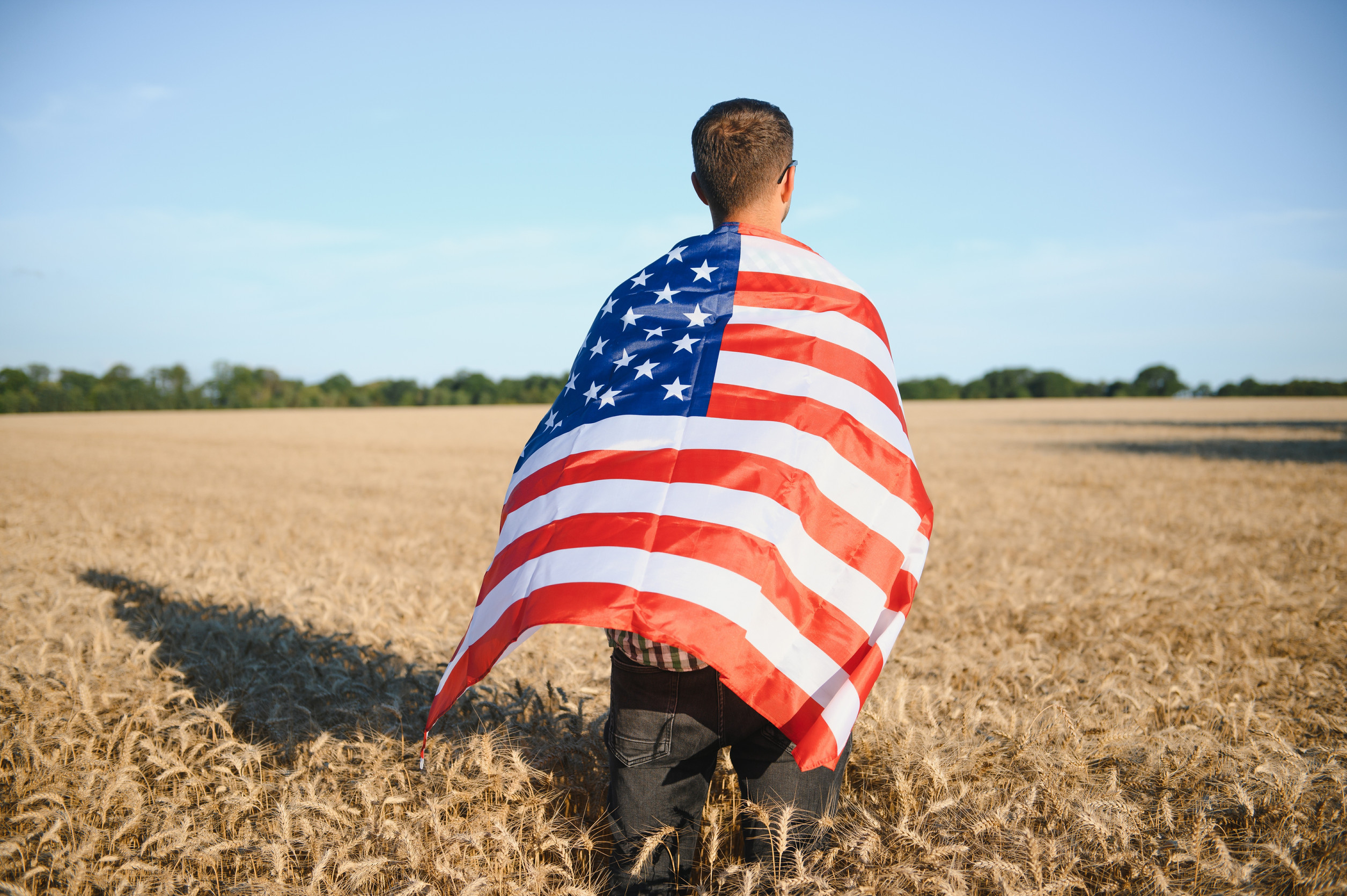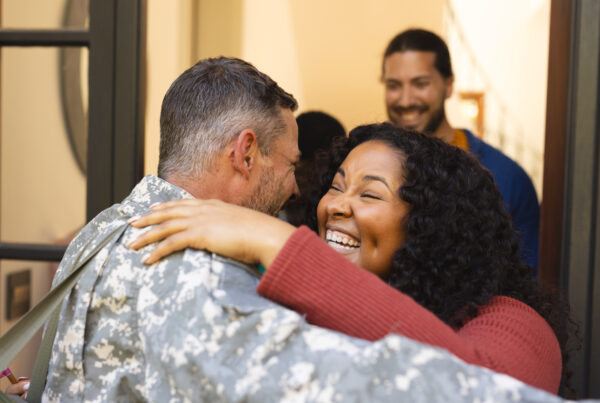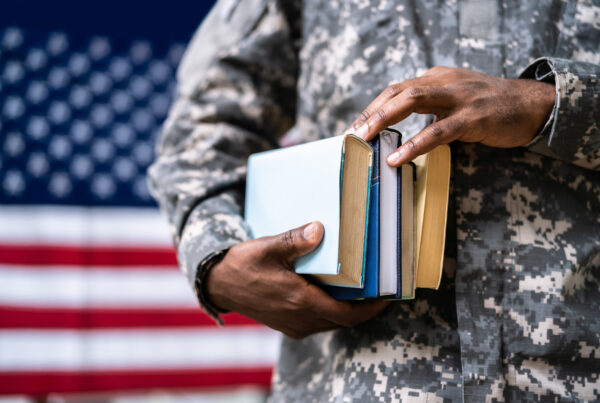”Question: What can we do on Rural Health Day to support rural Veterans?
Reading time: 6 Minutes
MWi Hack:
- Rural Health Day is the perfect opportunity for communities to bridge Veteran healthcare gaps by organizing local resource fairs, peer connection events, and volunteer navigation programs that bring VA care information and support directly to rural Veterans who face hours-long drives and geographic isolation preventing them from accessing the healthcare they’ve earned.
MWi Summary:
- Rural Veterans face compounded healthcare barriers: MWi survey data shows geographic isolation, limited specialty care, and long distances to VA facilities create healthcare access challenges that multiply untreated chronic conditions like diabetes, sleep disorders, and mental health issues—with rural Veterans feeling forgotten by systems designed around urban medical centers despite their service deserving equal care regardless of zip code.
- Military-specific challenges create rural care deserts: Veterans settling in hometown communities after service face agricultural work schedules conflicting with clinic hours, limited broadband preventing telehealth use, sparse local provider networks unfamiliar with military conditions like blast injuries and toxic exposures, and 4+ hour round-trip drives for routine appointments that cause preventable conditions to progress to emergencies.
- Community connection breaks down isolation: Rural Health Day provides opportunities to host resource fairs bringing VA representatives and local providers together, organize peer-to-peer Veteran gatherings for carpooling coordination and shared navigation knowledge, and launch ongoing healthcare navigation initiatives at libraries or community centers where volunteers help with enrollment and technology troubleshooting.
- VA programs exist but awareness gaps persist: VA Community Care Network, Mission Act provisions, mobile clinics, telehealth options, and Community-Based Outpatient Clinics extend care to rural areas—yet MWi members report confusion about eligibility, inconsistent provider participation, unreliable internet, and lack of awareness these programs exist, demonstrating that infrastructure alone doesn’t ensure access without proactive community-based outreach and simplified enrollment.
- Transportation and local heroes drive solutions: Practical Rural Health Day celebrations include organizing volunteer driver networks, coordinating group transportation to VA facilities, educating Veterans about beneficiary travel reimbursement, and spotlighting local healthcare providers and volunteers who serve rural Veterans—leveraging rural communities’ traditional strength of taking care of their own to ensure Veterans receive earned care close to home.
National Rural Health Day, observed annually on the third Thursday of November, offers rural communities a powerful opportunity to shine a spotlight on healthcare challenges and celebrate the unique strengths of rural America. For military and Veteran communities, this day holds special significance—it’s a chance to bridge the healthcare access gaps that too often leave rural service members and their families feeling forgotten.
This year, rather than simply acknowledging the challenges, Rural Health Day can become a catalyst for meaningful community connection that directly addresses the healthcare barriers rural Veterans face daily.
Understanding the Rural Veteran Healthcare Challenge
MWi annual survey data reveals a stark reality: healthcare access has emerged as a critical concern for rural military and Veteran communities. Geographic isolation, limited specialty care availability, and long travel distances to VA facilities don’t just create inconvenience—they compound untreated chronic conditions including diabetes, sleep disorders, mental health challenges, and cardiovascular disease.
Rural Veterans often choose to settle in hometown communities after service, drawn back to the places they defended from afar. Yet these same communities may be hours from the nearest VA facility. Agricultural work schedules conflict with weekday-only clinic hours. Limited broadband access makes telehealth frustrating rather than convenient. Local civilian providers often lack understanding of military-connected conditions like blast injuries, toxic exposures, and combat-related PTSD.
The result? A routine follow-up appointment can require four hours of round-trip driving plus lost work wages. Preventable conditions progress to emergencies because early intervention isn’t geographically feasible. Rural Veterans show significantly higher rates of delayed care and untreated conditions compared to their urban counterparts.
Celebrating Through Community Connection
Rural Health Day offers communities a chance to transform these challenges into opportunities for connection. Here’s how to make this day meaningful:
Host a Community Resource Fair
Bring together local healthcare providers, VA representatives, county veterans services officers, and community organizations in one accessible location—preferably at a familiar community hub like a library, fire station, or community center. Create stations where rural Veterans can learn about VA Community Care programs, Mission Act provisions, and Community-Based Outpatient Clinics. Many rural Veterans simply don’t know these programs exist or feel overwhelmed by enrollment processes. Face-to-face guidance from trusted community members breaks down these barriers.
Organize Peer-to-Peer Connection Events
Rural isolation affects more than just healthcare access—it impacts mental health and community wellbeing. Use Rural Health Day to facilitate connections between rural Veterans. Host a casual gathering at a local VFW, American Legion, or even a community breakfast where Veterans can share experiences, exchange information about navigating VA systems, and build support networks. These informal connections often lead to carpooling arrangements for VA appointments, shared knowledge about local providers who understand military service, and the emotional support that comes from knowing you’re not alone.
Launch a Rural Veteran Healthcare Navigation Initiative
Partner with local libraries, community health centers, or faith organizations to create ongoing “navigation days” where trained volunteers help rural Veterans understand their healthcare options, complete enrollment forms for community care, troubleshoot telehealth technology, or coordinate transportation to appointments. Starting this initiative on Rural Health Day creates momentum that extends throughout the year.
Spotlight Local Healthcare Heroes
Use Rural Health Day to recognize local healthcare providers, volunteer drivers, and community members who go above and beyond to ensure rural Veterans receive care. Share their stories on local radio, community Facebook groups, and church bulletins. This recognition not only honors their service but also raises awareness about rural healthcare challenges and inspires others to get involved.
Create Transportation Solutions
One of the most practical ways to celebrate Rural Health Day is by addressing transportation barriers directly. Organize a volunteer driver network, coordinate with local churches or service organizations to schedule group transportation to regional VA facilities, or host an information session about VA beneficiary travel reimbursement programs that many rural Veterans don’t know exist.
The Power of Community Action
Rural communities have always excelled at taking care of their own. Rural Health Day provides the perfect occasion to channel that strength toward supporting Veterans who once served far from home but chose to return to rural America. By connecting community resources, sharing information, and building support networks, we can transform Rural Health Day from a symbolic observance into tangible action that ensures rural Veterans receive the care they’ve earned, regardless of their zip code.
Through our responsive content and dedicated support, MWi continues to serve the modern military and Veteran community by providing relevant, practical strategies for enhancing connection and wellness.






